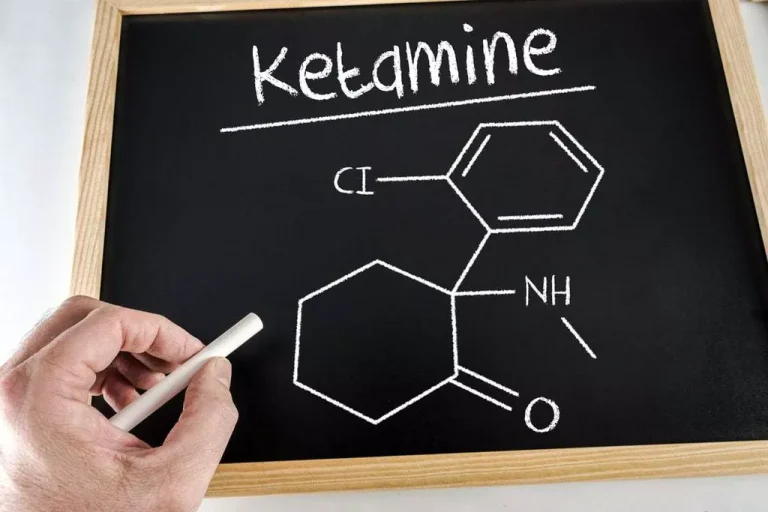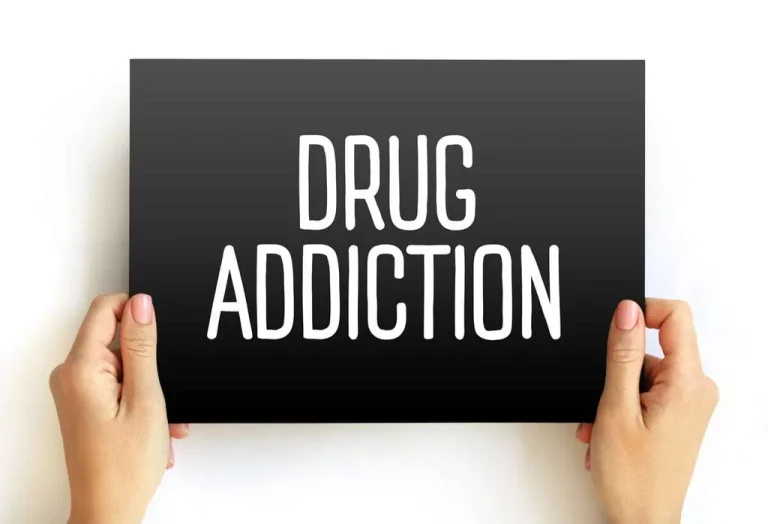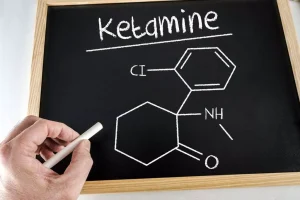What Is Alcohol Tolerance and How Can It Lead to Dependence?

But it can also develop with regular and continued alcohol use in social drinkers. If you have alcohol dependence, it means that you have reached a point of needing alcohol to function. Functional tolerance is when the brain functions of drinkers adapt to compensate for the disruption that alcohol causes in their behavior and their bodily functions.

You deserve excellent care and a rewarding life in recovery.

As a result, you’ll feel the intoxicating effects even from lower amounts of alcohol. Alcohol tolerance is a complex physiological response that develops as the body adapts to regular alcohol consumption. It’s a phenomenon where individuals need to drink more alcohol to achieve the same effects they once experienced with less. This adaptation process involves various biological mechanisms and can have significant implications for both short-term behavior and long-term health.
- This response causes red blotches to appear on the skin or face and back, and sometimes the whole body due to the accumulation of acetaldehyde that cannot be metabolized.
- So if you plan to head back to the pub with friends now that lockdown is over, be mindful of how your drinking has changed so you can stay safe and enjoy that first tipple.
- Chronic alcohol use can lead to increased production of alcohol-metabolizing enzymes, particularly CYP2E1.
- In problem-drinking terminology, this is typically how high-functioning alcoholics are created.
Functional Tolerance Can Result in Dependence

Increasing alcohol tolerance is not recommended as it requires consuming more alcohol to achieve the same effects, leading to greater health risks. Prolonged heavy drinking causes the brain to adapt, especially in areas that manage pleasure and stress, leading to alcohol dependence. In this situation it can be dangerous to stop drinking completely or cut your drinking too quickly without medical support. As tolerance increases, individuals may drink more to achieve desired effects. This increased consumption can lead to physical dependence, where the body requires alcohol to function normally. While it may allow an individual to consume more alcohol without immediate adverse effects, it also increases the risk of alcohol use disorders and health consequences.
Alcohol’s effect on respiratory health, mental health and more
Reports showed that individuals who engaged in high-intensity drinking were 70 times more likely to have alcohol-related emergency unit visits than average users. If you regularly played darts or pool at the pub prior to lockdown, a loss of learned tolerance could mean that you don’t play as well as you used to when you have a game after a few drinks. This is because familiar “cues” – such as your home setting – are repeatedly paired with alcohol’s effects. This response counters alcohol’s impairing effects, and we may not feel as “intoxicated” as a result. Tolerance can develop much more quickly if alcohol is always consumed in the same environment – for example, if you only drank at home during lockdown.
- While a common misnomer for alcohol sensitivity is “alcohol intolerance,” which implies that a person gets drunk quickly, alcohol sensitivity isn’t just a low tolerance to alcohol.
- Alcohol dependence can take a toll on both the body and mind because it’s not just about the short-term effects, like feeling off-balance or making poor decisions.
- This quick conversion can cause unpleasant effects, potentially reducing the likelihood of heavy drinking.
- We recently launched our in-app chatbot, Melody, powered by the world’s most powerful AI technology.
- In humans, this type of tolerance can be shown in the performance of well-practiced games played under the influence of alcohol.
- With nearly 9 in 10 adults aged 65 or older taking daily medication and more than 4 in 10 taking 5 or more medications per day, it’s important to consider how those medications may interact with alcohol.
At the cellular level, alcohol tolerance involves changes in cell membrane composition. Chronic alcohol exposure can lead to an increase in the rigidity of cell membranes, particularly in neurons. This change makes the cells less sensitive to the fluidizing effects of alcohol, requiring more alcohol to achieve the same level of cellular disruption. Well, it depends because the time required to change tolerance level varies from person to person.

It is a disease of the brain that has made you incapable of functioning without the drug. Addiction indicates the need for formal substance abuse treatment to achieve a full recovery. Fortunately, there are many steps you can take to prevent addiction from taking hold. Alcohol tolerance tends to decrease as we age due to changes in our bodies as we get older, such as reduced liver function and decreased muscle mass. As pubs and bars reopen across England, many are excited about the opportunity to enjoy a drink with friends and family.

Research has found, however, that functional tolerance can develop at the same rate for all of the effects of alcohol. For example, someone may quickly develop a functional tolerance for mental functions, such as solving puzzles, but not for tasks requiring eye-hand coordination, such as driving a vehicle. The problem is that a higher level of consumption can result in developing a physical dependence lowering alcohol tolerance on alcohol and developing alcohol-related organ damage. By the time a person reaches their 80s, their body water content may have dropped to around 50%. This reduction means that the same amount of alcohol consumed will result in a higher blood alcohol concentration (BAC) in an older adult compared to a younger person of the same weight.
- Also, some people who identify as women have less alcohol dehydrogenase, the enzyme that breaks down alcohol, leaving more alcohol in the bloodstream for longer periods of time.” This is why the U.S.
- It’s also important to remember that drinking as much as you used to after a period of drinking less (or not at all) could lead to greater intoxication, blackout and accidents.
- The capacity to drink more and more is a serial development of high alcohol tolerance, which some people may perceive to be a good thing, but it is not.
- You can determine if you have alcohol tolerance by evaluating how much alcohol it takes for you to feel the same effects compared to when you first started drinking.
- The first month is the hardest, but gradually decreasing the number of drinks per week can help bring down the tolerance level without suffering from withdrawals.
- Payment of benefits are subject to all terms, conditions, limitations, and exclusions of the member’s contract at time of service.
Dr. Schwartz suggests limiting sugar-laden mixed cocktails, which can increase the inflammatory effects of alcohol further and may cause you to drink in excess. “Not only does this mean your body can’t metabolize alcohol as quickly as it did when you were younger, it also increases the direct damage to your liver from alcohol,” she says. The initial steps in overcoming alcohol dependence include acknowledging the problem and seeking professional help. How long it takes to reset your alcohol tolerance really depends on how often and how much you usually drink, your overall health, and the way your unique body handles alcohol. But for others, especially those who drink regularly or heavily, it might take a few weeks or even a month or more to notice a change. And it’s not just your liver and heart — your brain can also be affected.


Comments
Comments are closed.